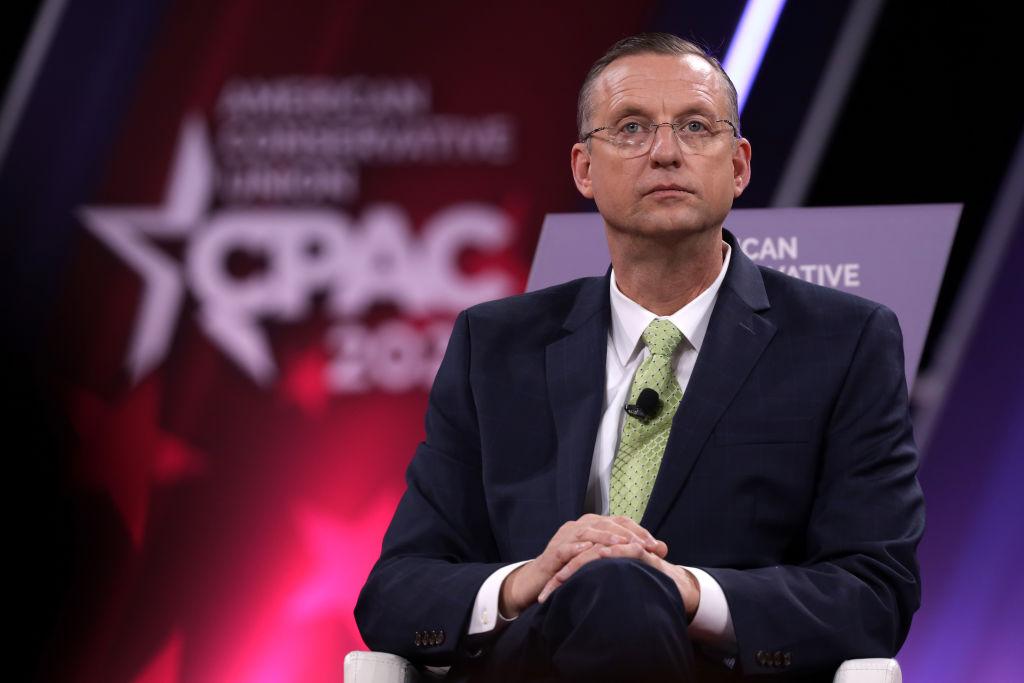Rep. Doug Collins (R-Ga.) has introduced a measure that would give President Donald Trump the power to impose sanctions on China if Beijing fails to cooperate with a full investigation into what led to the COVID-19 pandemic.
“The Chinese Communist regime’s coverup of the coronavirus outbreak cost hundreds of thousands of lives worldwide and caused unfathomable harm to the global economy, and they must be held accountable,” Collins said in a May 13 statement from his office.





